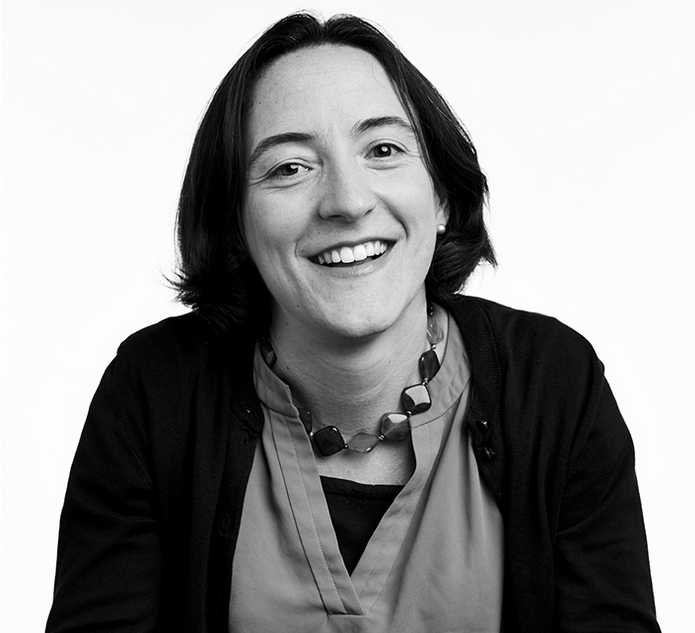
Efficient Bayesian optimization techniques for high-dimensional urban mobility problems
April 16, 2021 at 4:40 p.m. ET
Carolina Osorio
Associate Professor, Department of Decision Sciences
HEC Montréal
Abstract: In this talk, Prof. Osorio will discuss the opportunities and challenges of designing simulation based optimization (SO) algorithms to tackle high-dimensional urban mobility problems. An important component in high-dimensional problems is the exploration exploitation tradeoff. Their past work has focused mainly on improving the exploitation capabilities of SO algorithms. In this work, they focus on designing exploration techniques suitable for high-dimensional spaces. They consider a Bayesian optimization setting and propose the use of a simple analytical traffic model to specify the covariance function of a Gaussian process. They show how this enables the Bayesian optimization method to more efficiently sample in high-dimensional spaces. They present validation experiments on synthetic low-dimensional problems. They then apply the method to a high-dimensional traffic control problem for Midtown Manhattan, in NYC.
Bio: Carolina Osorio is an Associate Professor in the Department of Decision Sciences at HEC Montréal, where Osorio holds the SCALE AI Research Chair in Artificial Intelligence for Urban Mobility and Logistics. Osorio is also a Visiting Faculty at Google Research. Osorio’s work develops operations research techniques to inform the design and operations of urban mobility systems. It focuses on simulation-based optimization algorithms for, and analytical probabilistic modeling of, congested urban mobility networks. Osorio was recognized as one of the outstanding early-career engineers in the United States by the National Academy of Engineering’s EU-US Frontiers of Engineering Symposium, and is the recipient of a U.S. National Science Foundation CAREER Award, an MIT CEE Maseeh Excellence in Teaching Award, an MIT Technology Review EmTech Colombia TR35 Award, an IBM Faculty Award and a European Association of Operational Research Societies (EURO) Doctoral Dissertation Award.